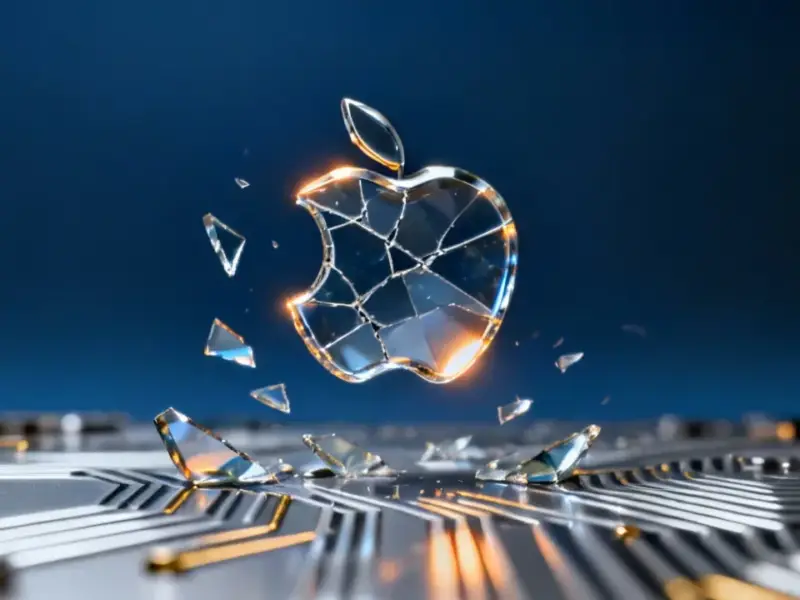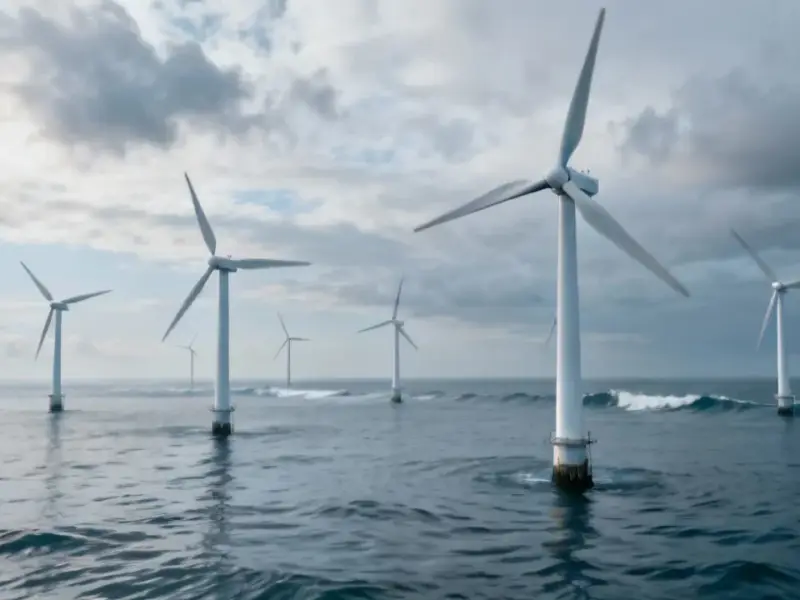According to EU-Startups, Reflex Aerospace has secured €50 million in Series A funding, making it the largest Series A in European New Space sector history. The German satellite manufacturer raised the round from Human Element, Alpine Space Ventures, Bayern Kapital, HTGF, and Renovatio Financial Investments. CEO Walter Ballheimer emphasized Europe’s urgent need to stop relying on external actors for space-based intelligence, saying “there is no time to waste.” The company, founded in 2021, specializes in payload-specific satellite platforms and aims to have all capabilities ready for orbit by 2027. This comes as Germany plans to invest €35 billion in space-related defense projects through 2030, with Defense Minister Boris Pistorius calling satellite networks an “Achilles heel of modern societies.”
Sovereignty drives space cash
Here’s the thing: Europe is terrified of being cut off from space intelligence, and they’re throwing serious money at the problem. We’re not just talking about Reflex’s €50 million here – Germany alone is committing €35 billion through 2030 for space defense. That’s an insane amount of government backing for an industry that was basically nonexistent in Europe a decade ago.
And it’s not just Germany. The EU plans to launch its European Space Shield Initiative in 2026, which means we’re looking at a coordinated continental effort. Basically, Russia’s invasion of Ukraine and growing tensions with China have European leaders waking up to the fact that they’re dangerously dependent on other countries for something as critical as satellite imagery and communications.
The rush factor
Now, the urgency here is palpable. Reflex wants everything ready by 2027, which is basically tomorrow in satellite development terms. They’re talking about “rapidly manufactured” satellites without “costly megafactories” – but can you really build reliable, military-grade space hardware that quickly?
I’m skeptical. Space hardware traditionally takes years to perfect, and Europe doesn’t have the same institutional knowledge as the US or China. They’re trying to leapfrog decades of development, and while modern manufacturing techniques might help, there’s a reason why established players move slowly in this industry. Failure in space is expensive and very public.
Germany’s big space bet
Look, Germany’s €35 billion commitment isn’t just pocket change – it’s a strategic declaration. As one analysis noted, this is specifically targeted at countering threats from Russia and China. But can a country that’s been historically cautious about military spending suddenly become a space power?
The money is there, but the expertise? The supply chains? The testing infrastructure? Europe’s trying to build an entire ecosystem from scratch while the clock is ticking. And with other European players like Space Forge and Astrodyne also raising funds, we’re seeing a fragmented approach rather than a unified European space program.
Reality check
So here’s my concern: everyone’s excited about the funding numbers, but building satellites is hard. Really hard. Reflex got their first satellite up in January 2025, which is impressive for a company founded in 2021. But scaling from one satellite to entire constellations while maintaining reliability? That’s where many space startups stumble.
And let’s be honest – investor enthusiasm in space tech has been cyclical. We saw the boom, then the bust, and now what seems like a government-driven resurgence. But if geopolitical tensions ease or budgets get cut, will this funding momentum continue? Europe’s playing catch-up in a game where the leaders have decades of head start. The money’s flowing now, but the real test comes when these satellites need to perform consistently in orbit for years.




